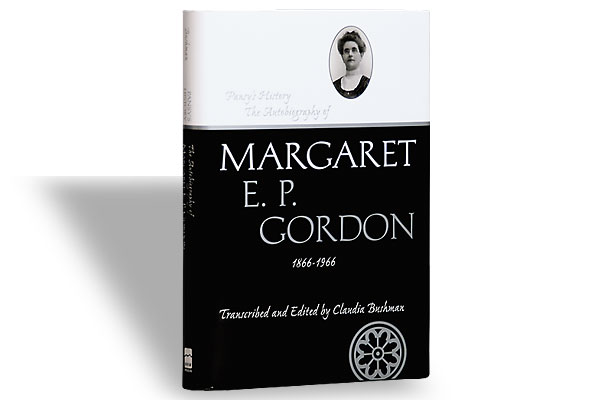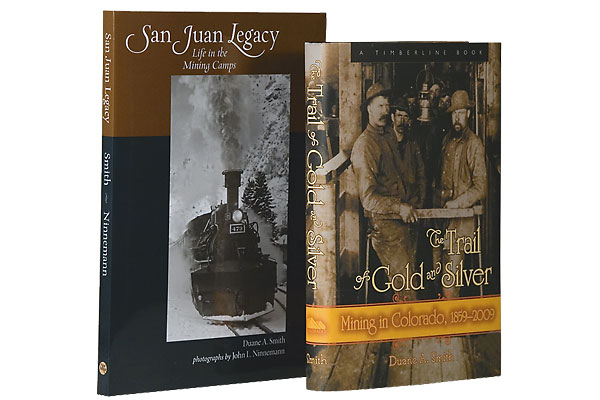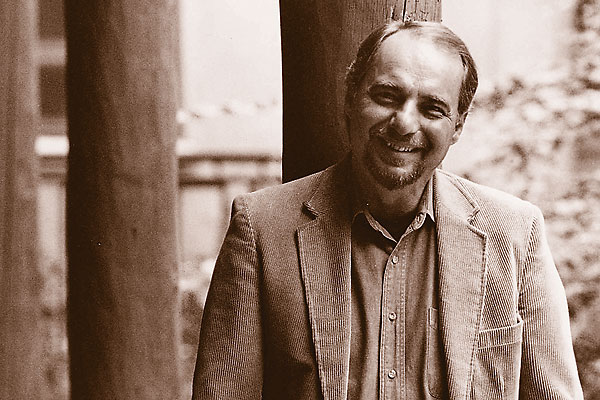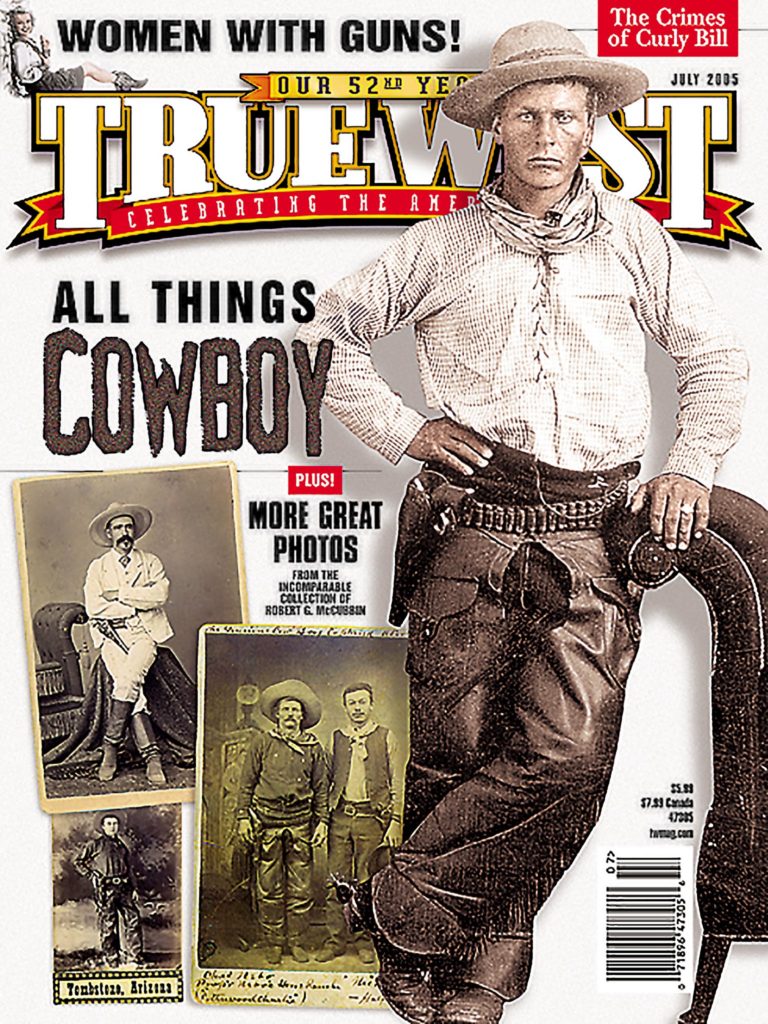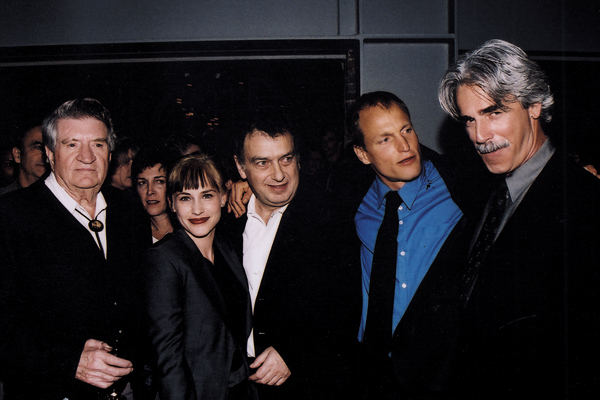 With a face seen by millions because it has been on more than 100 TV documentaries and a career as a professor of history at the University of New Mexico, Paul Andrew Hutton may be one of the people you’d least likely expect to find an article by in a popular magazine, such as TV Guide or True West.
With a face seen by millions because it has been on more than 100 TV documentaries and a career as a professor of history at the University of New Mexico, Paul Andrew Hutton may be one of the people you’d least likely expect to find an article by in a popular magazine, such as TV Guide or True West.
But his career has always bridged a gap—some would say spanned a chasm—between academic history and popular history.
When completing graduate school in Indiana in 1976, Hutton had his first major publication in the Western Historical Quarterly. His article catapulted him into an assistant editorship of the WHQ and gave his academic career a jump start. His second publication, over a year later, was a piece in the TV Guide. No two magazines could be farther from each other in the spectrum of literature. The first is solidly academic; the second just as solidly popular. Both articles, by the way, dealt with one of Hutton’s favorite subjects: George Armstrong Custer.
The WHQ article ended up under the bird cage in his father’s home; the latter became a prized possession for a father to show friends and brag about the success of his son. As Hutton has said, “I have always felt that these two first publications—TV Guide and the WHQ—pretty well set me on my Jekyll-Hyde career path between academe and popular writing. I have never quite decided which one I was prouder of.”
TW: How has writing for both academic and popular audiences affected your work?
PAH: I’ve always had a tension in my career for my leaning toward popular audiences. That very beginning said it all about where I was going. I just wanted the chance to interpret the story for the largest possible audience.
TW: And that meshes with your position as a history professor?
PAH: I work for the taxpayers of New Mexico right now. I always felt it was my obligation to take history to the public. Words are powerful. If you can com-municate that story, you can influence how people see their history.
Hutton has juggled the different worlds of academic and popular history/literature very effectively. He has won a shelf full of awards including four Wranglers from the National Cowboy and Western Heritage Museum—three of them for articles on Wyatt Earp, Teddy Roosevelt and the Rough Riders, and the Alamo; and one for a documentary produced with Gary Foreman, Daniel Boone and the Western Movement. He also has Spur Awards from Western Writers of America for his book on Gen. Phil Sheridan (that also won the Billington Award and the Evans Prize) and two others for History Channel documentary films—Boone & Crockett: The Hunter Heroes and Carson & Cody: The Hunter Heroes.
TW: What’s different about writing for documentaries compared to articles or books?
PAH: It was a tough adjustment to let the photo tell the story, to not explain too much, not to be able to include all the detail. One network I worked with told others on the program, “don’t let him go historian on you.”
Since Hutton’s first session in front of the camera as a “talking head” in The Wild West—a 10-hour documentary narrated by Jack Lemmon that was widely syndicated in 1993—he has appeared in some 60 episodes of Real West, hosted by Kenny Rogers on A&E and later rerun on the History Channel, plus several episodes of Civil War Journal and Biography, produced by Greystone Productions.
Of his documentary work, Hutton comments wryly, “Before I knew it, I became a sort of minor TV celebrity—the major benefit of which is the ability to view, on any given night, the race between the graying and thinning of my hair (I prefer gray hair to no hair, but alas).”
In more recent years, he has written and coproduced frontier documentaries for the History Channel, working on a dozen documentaries in the past two years alone. During 2004, he wrote and coproduced five shows with Bill Kurtis of Kurtis Productions for the History Channel’s Investigating History series. The topics: Billy the Kid, Wyatt Earp and the O.K. Corral, Butch Cassidy and the Sundance Kid, Crazy Horse and the 1857 Mountain Meadows Massacre.
Currently he is teamed with Gary Foreman to write Eighty Acres of Hell, a Civil War documentary about Camp Douglas and Union prisons. Shooting on the two-hour special took place in the spring with the program to air on the History Channel in the fall.
Candy Moulton, a frequent True West contributor, “died” under direction of Paul Hutton and Bill Kurtis in the Mountain Meadows Massacre documentary produced for the History Channel’s Investigating History series.


